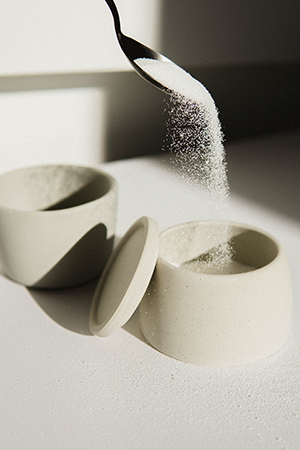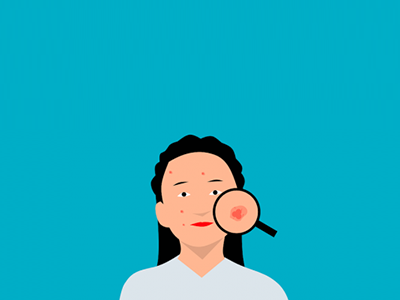Sugar has been linked to obesity, diabetes, cancer, and Alzheimer’s disease and is over consumed by the American population. Here are some simple and easy tips to reduce sugar intake and lead a healthier lifestyle!
The average American consumes about 17 teaspoons of added sugar per day, which is about twice the daily recommended maximum intake for men and three times that for women. As such, sugar, rather than the notoriously vilified fat, is a major cause of our country’s obesity epidemic. Not only is it a major player in weight gain, sugar has also been directly linked to increasing risks of diabetes, cancer, and Alzheimer’s disease. Learn More About Your Condition
Added sugars are everywhere in the modern diet
The first thing to know is that added sugars are everywhere in the modern diet. They’re in bread, chicken stock, salad dressing, cereal, soda, desserts, and many other products. Their main problem is that they make it very easy to overeat. Foods with added sweeteners are tasty and have a high calorie load but they don’t make you feel very satiated after eating them. In fact, they actually have the opposite effect of tricking you into wanting more food.
While it may seem scary at first, cutting back on sugar isn’t as hard as it seems. The first step is to reduce the more obvious added sugars in your diet – granulated sugar, high fructose corn syrup, honey, stevia, and the like. These are found in abundance in processed foods and can be avoided by a simple check of a product’s ingredients list. Sugars that naturally occur in fruit, vegetables, and dairy are fine because the fiber, vitamins, and minerals that also occur in such foods fill you up and give you more bang for your buck.























